Course Synopsis
This experiential program combines global entrepreneurship, AI-driven automation, and cross-cultural collaboration to tackle the challenges of shrinking societies and population collapse. Through a design sprint, test market research in Japan, and an international pitch competition, students will gain hands-on experience in tech-driven innovation and startup development in an intercultural environment.
The NUCU Build In Japan Program is an innovation and social-impact entrepreneurship program in which students form international teams to develop AI—and automation-driven solutions to the challenges associated with shrinking societies.
Through design thinking, cross-cultural collaboration, and startup development, students will identify and address key societal challenges, including:




